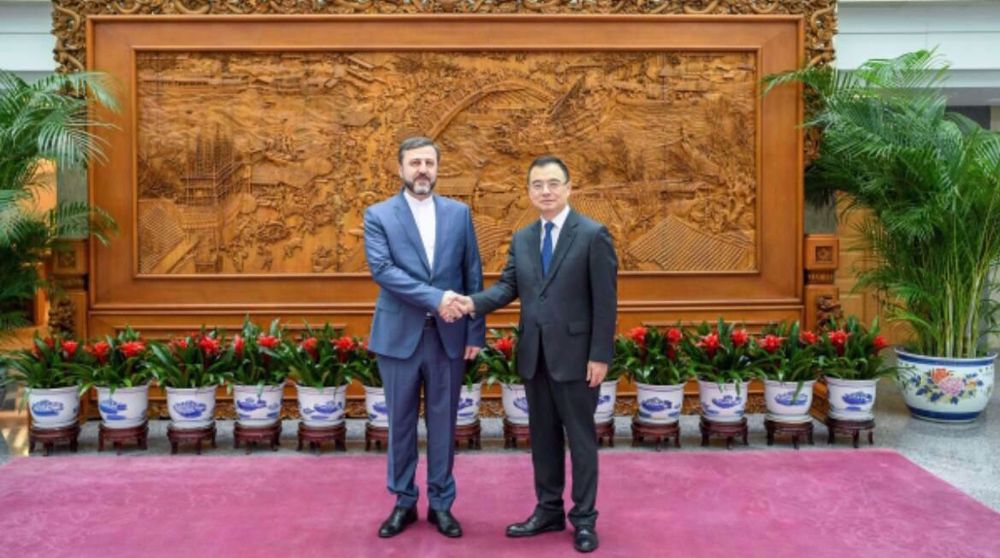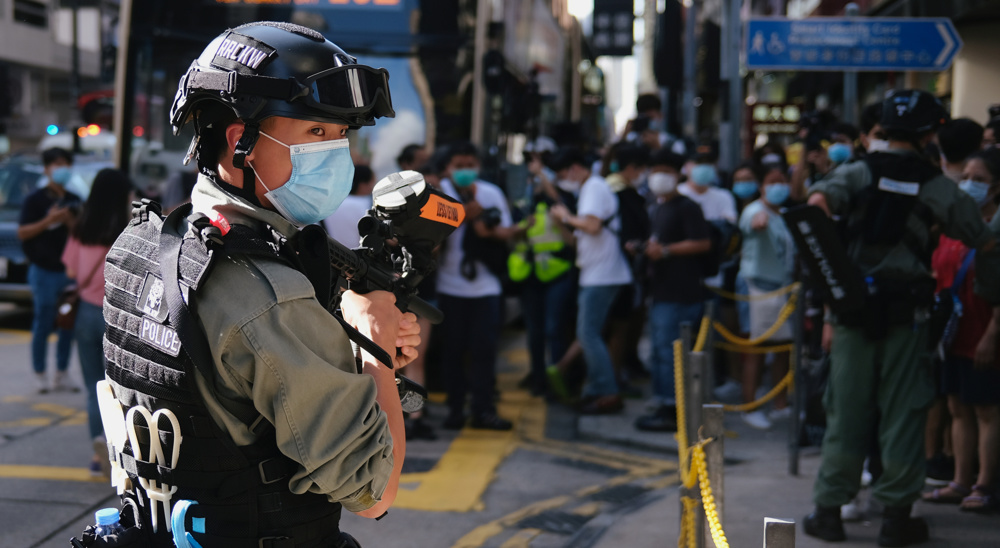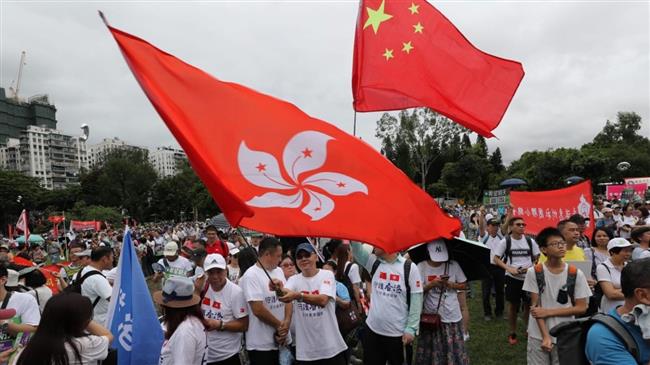No one can stop China’s determination to promote HK national security law: Foreign ministry
China has voiced strong opposition to the passage of the so-called "Hong Kong Autonomy Act" by the US Senate, saying no one can dent Beijing’s determination to promote national security legislation in the semi-autonomous city.
During a daily briefing in Beijing on Monday, Chinese Foreign Ministry spokesman Zhao Lijian said the US Senate had "obstinately" passed the negative bill regarding Hong Kong, "in total disregard of China's solemn position" adding that the move was a "grave interference in Hong Kong affairs and China's internal affairs, and violation of international law and basic norms of international relations."
“Hong Kong affairs are China's domestic affairs that allow no foreign interference. The Chinese government is firmly determined to uphold national sovereignty, security and development interests," he added.
On Thursday, the US Senate approved a bill that would impose mandatory sanctions on people or companies that, Washington claims, back efforts to restrict Hong Kong’s autonomy.
It includes secondary sanctions on banks that do business with anyone backing any crackdown on the territory’s autonomy.
Zhao further urged the United States to immediately stop interfering in Hong Kong affairs, stressing that any attempts to stop the implementation of a national security law planned to be introduced by mainland China in the semi-autonomous city are “doomed to fail.”
He said no matter how external anti-China forces mount pressure, no one can "stop China's resolute action to advance the legislation. Their attempts are doomed to fail. This act will be nothing more than a piece of paper," Zhao said.
He also warned the United States of consequences if it imposes "sanctions" on China, saying Beijing will take resolute and forceful countermeasures.
Last month, Beijing introduced a new national security law that is expected to forbid sedition, secession, and subversion against the mainland. The law will also pave the way for Chinese national security institutions to operate in the city for the first time since 1997, when Hong Kong returned from British to Chinese rule.
Protests erupted in Hong Kong after the law was proposed on May 22.
Critics view such a measure as a blow to the semi-autonomous region’s autonomy and civil liberties.
Proponents, however, believe the proposed legislation will return stability and leave political freedoms intact, and that Hong Kong’s local legislature has failed to pass its own national security laws over the years.
Hong Kong was rocked by violent protests over another bill that would have reformed its extradition law last year. Rioters vandalized the city, destroying public and private property and attacking anyone deemed to be pro-government. Hong Kong dropped that bill, but the acts of violence continued.
The Chinese government says the United States and Britain fanned the flames of unrest in Hong Kong by supporting the protesters.
Hong Kong has been governed under the “one-country, two-system” model since the city — a former British colony — was returned to China in 1997.
Netanyahu fears fruition of Iran US talks
VIDEO | Press TV's news headlines
China warns of 'measures' following CIA’s Chinese-language recruitment drive
Official warns of ‘strong, decisive’ response to any adventurism against Iran
Palestine Action wins landmark legal victory against UK crackdown
VIDEO | World-class eye hospital in Iran’s Zahedan draws medical tourists
VIDEO | India voter roll revision sparks fear of voting disenfranchisement in India
VIDEO | South Africa voices support for Cuba amid US sanctions, threats














 This makes it easy to access the Press TV website
This makes it easy to access the Press TV website